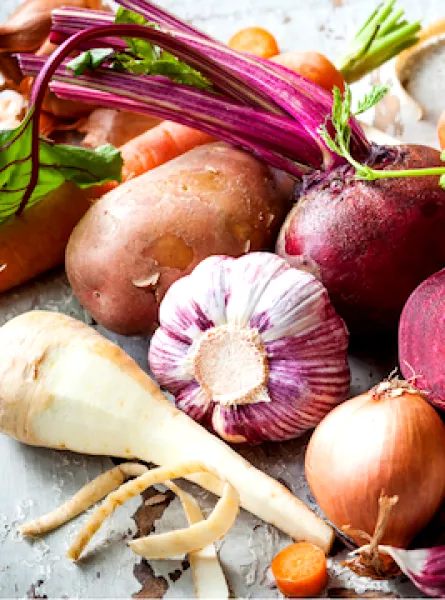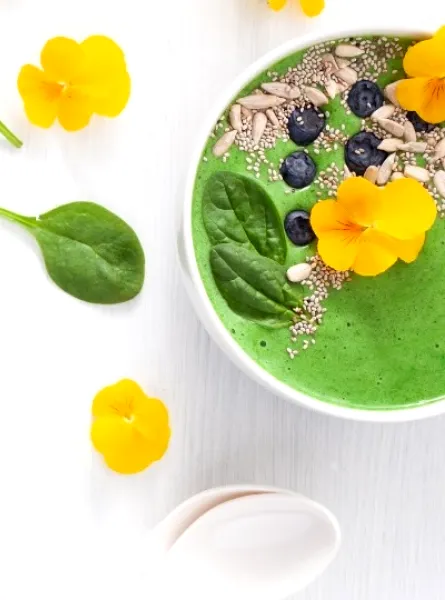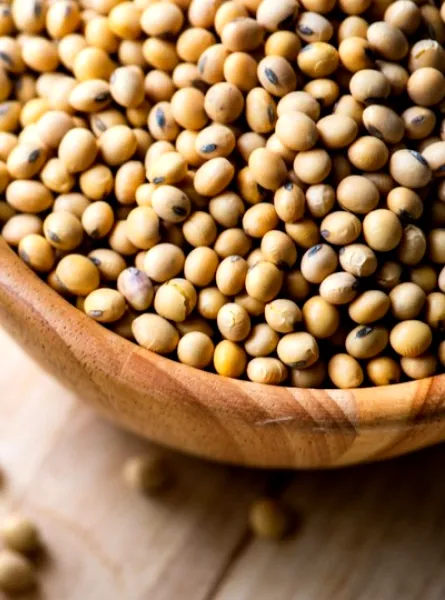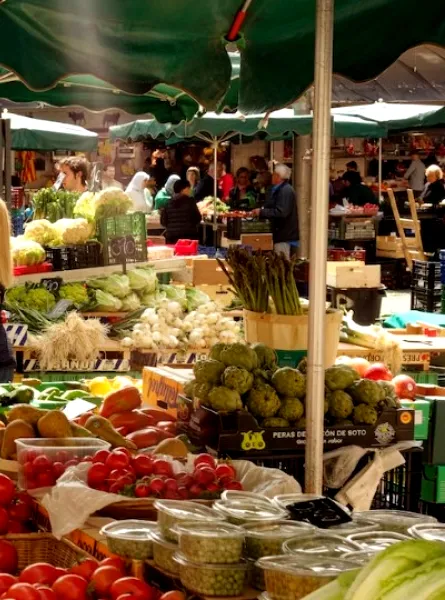
More and more people have been adopting a vegetarian or vegan diet in recent years for environmental or ethical reasons, among others. The concerns (already numerous!) of parents regarding the introduction of solids can be heightened for vegetarian or vegan parents. Can a diet excluding animal-based foods meet the needs of a growing baby? Several organizations, including the Canadian Paediatric Society, confirm that fortunately, it is possible to offer an infant a plant-based diet in line with one's values, as long as it is well-planned and balanced.
Iron comes first
The recommendations regarding the introduction of complementary foods for vegetarian babies are actually the same as for omnivorous babies. The first solid foods should be rich in iron to replenish the soon-to-be depleted stores of the baby and meet their growing needs. The difference here is that the iron in plant-based foods is less well absorbed than the iron found in animal proteins. That's why iron needs are almost doubled for vegans and lacto-ovo vegetarians. To increase iron absorption, simply combine iron-rich foods with vegetables or fruits high in vitamin C at the same meal (e.g., broccoli, tomato, bell pepper, citrus fruits, strawberry, kiwi, mango, lemon juice, etc.). Here is a variety of iron-rich foods to offer at each meal:
- Legumes (chickpeas, beans, lentils, etc.);
- Whole grains (brown rice, quinoa, oats, etc.) and whole grain or enriched grain-based products;
- Dark green vegetables;
- Nuts and seeds;
- Soy and soy products (edamame, tofu, tempeh, etc.);
- Eggs;
- Iron-enriched baby cereals
A variety of proteins and sufficient energy
Protein needs for vegetarian babies are slightly higher, about 30 to 35%, compared to the needs of omnivorous babies, as plant proteins are less well absorbed than their animal counterparts. Additionally, proteins in plant-based foods such as legumes, cereal products, nuts, and seeds have different and incomplete essential amino acid profiles. With the exception of soy and quinoa, these protein-rich foods should be combined throughout the day to ensure complementarity and adequately meet these specific needs. Furthermore, a vegetarian or vegan diet is low in fat and rich in fiber, which quickly satisfies the vegetarian baby with their small stomach. To promote optimal growth, it is important to prioritize energy-rich foods such as avocado or nuts and offer several small meals throughout the day.
What about other nutrients?
Until the age of 12 months, breast milk or infant formula remains the primary source of nutrition during the introduction of complementary foods, providing the baby with sufficient vitamin B12, calcium, and omega-3. Vegan mothers who breastfeed should ensure they consume enough sources of B12 or take a supplement. After weaning, vegan babies can meet their vitamin B12 needs through supplementation - often necessary - or daily consumption of fortified foods such as enriched plant-based beverages, meat substitutes, and fortified nutritional yeast. It should be noted that this vitamin is naturally found only in animal-based foods (meat, fish, dairy products, eggs). Regular consumption of dairy products or fortified soy beverages, tofu, green vegetables, legumes, and nuts helps meet the infant's calcium needs. Finally, experts recommend that vegan toddlers take a supplement of long-chain omega-3 fatty acids, such as DHA and EPA, which are typically found in fatty fish. This is because plant sources of omega-3, such as ground flaxseeds and walnuts, contain their shorter form, which is less efficiently converted by the body into the longer form.
The advice and support of a nutritionist could be helpful to ensure the nutritional needs and optimal growth of the vegetarian or vegan baby with peace of mind!





